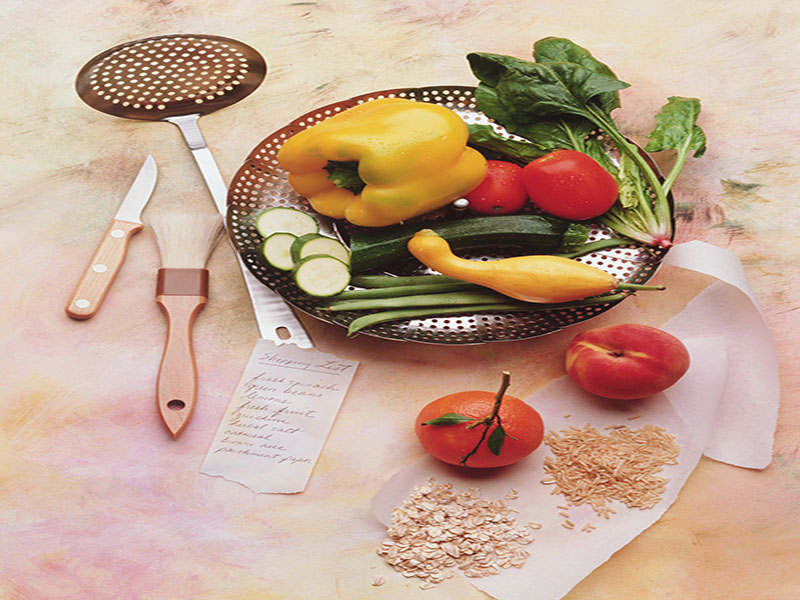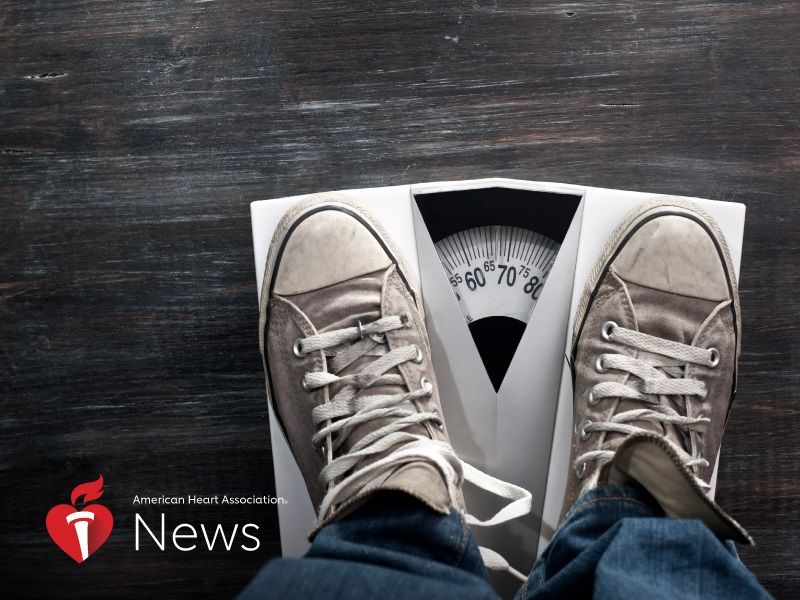
Patients who have high triglycerides and take cholesterol-lowering statins to lower their risk for heart attack or stroke can cut that risk by another 30 percent by adding a high-dose omega-3 fatty acid pill, investigators report. The prescription drug, called Vascepa, is not to be confused with over-the-counter dietary omega-3 (often fish oil) supplements. Such… read on >






























